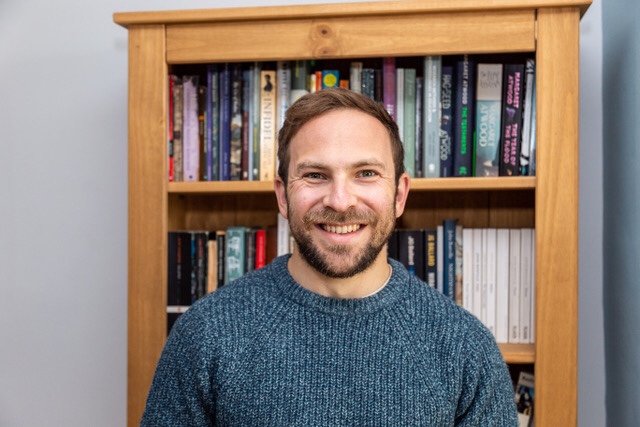Backing the favourites
The eagerly-awaited Booker Prize longlist was announced on Wednesday this week. The £50,000 Prize is well sought-after, and winning it has cemented the careers of many writers. In the eyes of many, to be known as the ‘Booker Prize-winning author’ is only beaten by ‘Nobel Prize-winning author’ title. Big bucks; big stakes.
This year, the Booker panel, chaired by Peter Florence who also runs the Hay Literary Festival, decided to back those writers who were already considered darlings of the literary world. Salman Rushdie, who has already won the Booker (1981), the Booker of Bookers (1993), and The Best of Bookers (2008) for his novel Midnight’s Children, was longlisted for his novel Quichotte (Vintage, Jonathan Cape).
Margaret Atwood, a five-time shortlister and winner in 2000 with The Blind Assassin, was curiously longlisted for The Testaments (Vintage, Chatto & Windus), a sequel to The Handmaid’s Tale. This is curious not because Atwood is an undeserving writer—the recent tv adaptation of The Handmaid’s Tale proves her cultural worth—but because The Testaments has not yet been published! The publishers managed to find a few copies to send to the Prize panel, it seems, but none it could sell to the poor public. As if the book needed any more publicity.
Jeanette Winterson is also a household name, although her Frankissstein (Vintage, Jonathan Cape) offers a queer re-writing of Mary Shelley’s proto-feminist, proto-science fiction novel. Of the well-known authors on the list, Winterson’s contribution at least seems to be testing, rather than re-inscribing, the literary canon. Her inclusion, nevertheless, can be seen as a ‘safe’ choice by the Booker panel.
Anything exciting?
In 2016, Max Porter won the Swansea University International Dylan Thomas Prize for Grief is a Thing with Feathers. In 2019, his second novel Lanny (Faber & Faber) is included here. His publishers describe it as
a story about a family whose village is peopled by the living and the dead. It’s a story about a boy with a gift for friendship and the traces of enchantment he leaves in the closely woven lives around him.
Twisting the real, and twisting away from the real, Porter’s novel is an enticing prospect.
I’m also looking forward to reading Lucy Ellmann’s Ducks, Newburyport (Galley Beggar Press), a 1000-page novel that is, more or less, only one sentence long. ‘A revolution in the novel,’ as it’s described in the blurb.
Underwriting the canon
The three ‘headline’ names—Rushdie, Atwood, Winterson—are clearly the selling points for this year’s longlist. There’s no guarantee, of course, that they’ll make the shortlist, but it certainly gave journalists a gift of a headline. It has also drawn sceptical glances, with the Guardian‘s Justine Jordan claiming that there aren’t many surprises on the list.
Of course, this is part of the book-prize game: a host of new names outshone by their canonical counterparts. The Booker judging panel aren’t doing anything that their colleagues at other book prizes aren’t. However, the ‘Booker’ name sells by itself, so I wonder why they so often go for the big hitters, and thereby storm the headlines. The Booker Prize attracted much praise for its surprise 2018 winner, Anna Burns’s Milkman, after all. I thought it would have proven a salutary lesson. (And yes, I’m aware of the irony of my focusing a large part of this blog on these ‘big’ names!)
I just hope that, far from continuing to underwrite the canon and selecting the same authors, the Booker Prize is willing to keep misshaping and disrupting the canon. Theirs is a powerful force that could help change attitudes in readers worldwide.

Leave a Reply